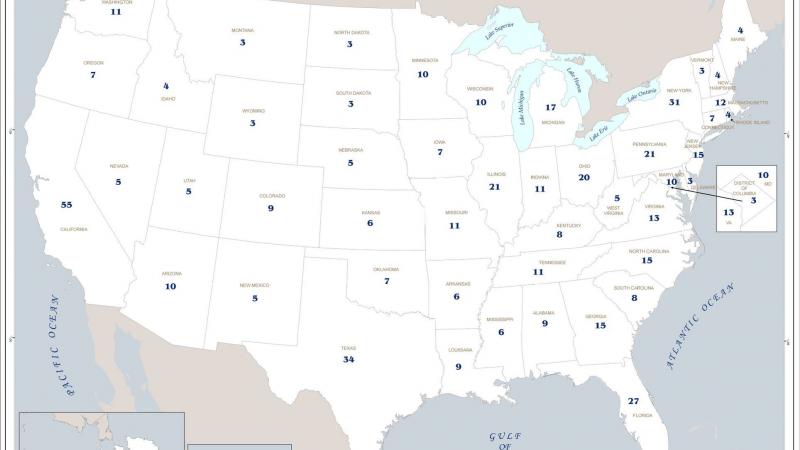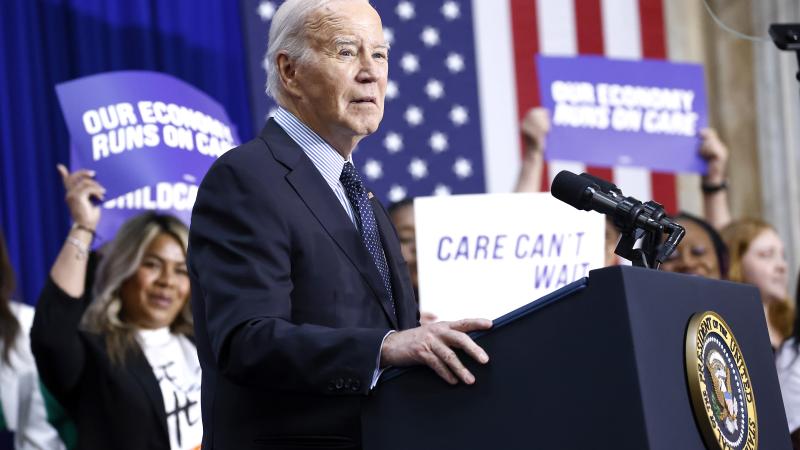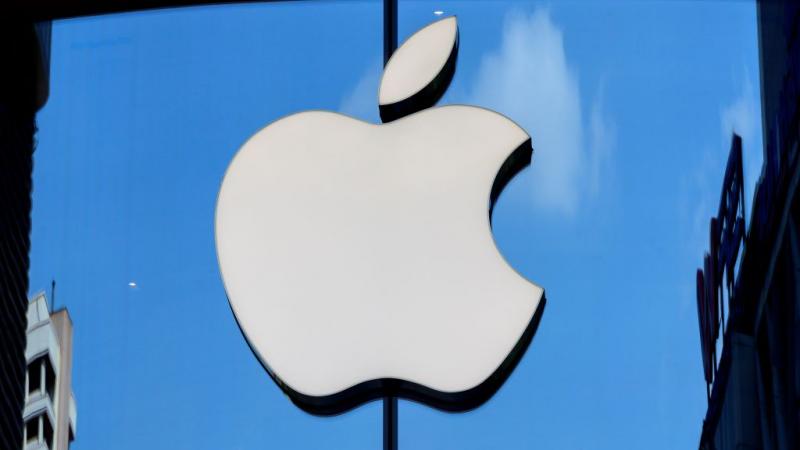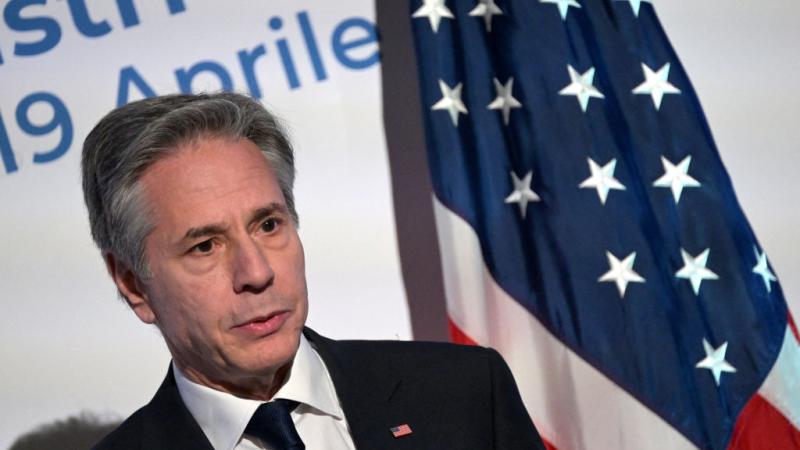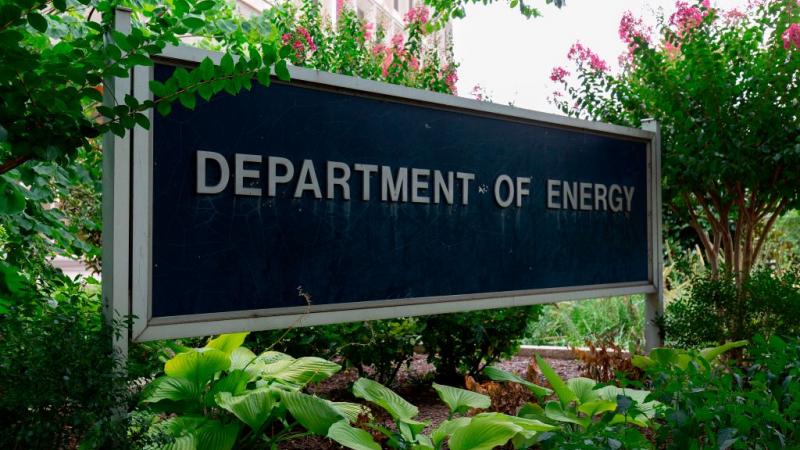'Unfair' for Dems to alter rules of Nov. election 'late in the game,' says former Kansas AG
Former Colorado Secretary of State hopes the Supreme Court's decision on Monday will "limit judges behaving like legislators and striking down the anti-fraud provisions" for mail-in ballots.
The Supreme Court's decision to restore South Carolina's witness requirement for absentee ballots has sweeping legal implications that transcend the particulars of the Democratic Party lawsuit that elicited it, argue Republican election law experts.
The unanimous ruling, in their view, sends a ringing signal that the high court will not uphold intrusions into the legislative domain to alter election rules by judicial fiat in the midst of political campaigns already in progress.
Phillip Kline, former Kansas attorney general, told Just the News that the Supreme Court's decision in the South Carolina case demonstrates that political parties shouldn't seek to change election law close to the date of an election.
Some states such as South Carolina, Alabama and Wisconsin require voters to have a witness present to sign the envelope of an absentee-ballot.
"The opinion was predictable," Kline said during an interview on Tuesday. "It's certainly the right opinion, and I think the unanimity of the court demonstrates that, and it was certainly foreseeable. It is remarkable to me how the left wants to change the rules of an election actually during the election process and that's fundamentally unfair to people who are involved in managing the election as well as the voters."
The South Carolina Democratic Party and the Democratic National Committee filed a lawsuit in May to eliminate the witness requirement. U.S. District Judge J. Michelle Childs ruled that South Carolina could not impose the witness requirement for its state primary and the upcoming November election due to the COVID-19 pandemic.
The Supreme Court restored South Carolina's witness requirement on Monday.
"The court is going to intervene to prevent others from changing the rules late in the game — that is the consistency of the Supreme Court," Kline said. "And what's unfortunate is that you keep having this effort to inject a part of lawlessness into our elections by altering the rules."
In Virginia, the Democrat-led state legislature passed election reform legislation that eliminated the witness requirement for absentee ballots. Kline explained that states like Virginia that formally eliminated a witness or notary requirement can move forward without any changes after the Supreme Court ruling.
"That's what the court is saying here, that elections have to be managed under law, not a judge coming in at the last second and altering the rules — that's not fair," he said.
Scott Gessler, former Colorado Secretary of State, told Just the News that he hopes the ruling sends a message to other federal judges nationwide involved in future election-related cases.
"It will hopefully limit judges behaving like legislators and striking down the anti-fraud provisions in some of these mail ballot elections," he said.
Gessler said that mail ballot systems are "the most prone to fraud" and they "provide the most opportunity for people to cheat in an election." At the same time, Gessler said mail voting provides the greatest chance for someone to lose their vote by forgetting to sign something or accidentally mixing up a ballot with their spouse.
"Other states have anti-fraud measures, or should, and in South Carolina they said 'This is such a huge burden.' Not only did the court rightfully decide it wasn't a big burden, they also rightfully decided the lower court did not have the authority to second guess the legislature," Gessler said.
Addressing the states that do not require witness verification or a notary to sign an absentee ballot before it is sent, Gessler said he is not confident that every state has the appropriate safeguards in place to identify fraudulent ballots.
"You have to work very hard over time to have clean mailing lists, that's not a simple procedure," he said. "Some of these states are just jumping into this willy-nilly."
Gessler said Vermont is proactively sending out ballots for the Nov. 3 election without a signature verification system in place to determine that the person that filled out the ballot is the same person it was addressed to when it was mailed.
"Signature verification is the cornerstone anti-fraud provision," he said.
Jenna Ellis, a senior legal advisor to the Trump campaign, said the Supreme Court made the right decision.
"This was an excellent ruling from the Supreme Court emphasizing that laws to safeguard election integrity should not be changed so close to an election and that the authority to amend them resides with the state legislatures — not judicial or executive activists," she told Just the News.
"South Carolina's signature requirement is a commonsense ballot integrity issue, and the right of the people not to have their vote diluted by fraud cannot be circumvented using COVID-19 as an excuse," Ellis continued. "Election integrity should not be a partisan issue, and the Supreme Court has signaled it won't allow activism to undermine the American people's right to free and fair elections."
Marc Elias, an attorney who represented the plaintiffs that sued the state of South Carolina over its witness requirement, did not return a request for comment.

